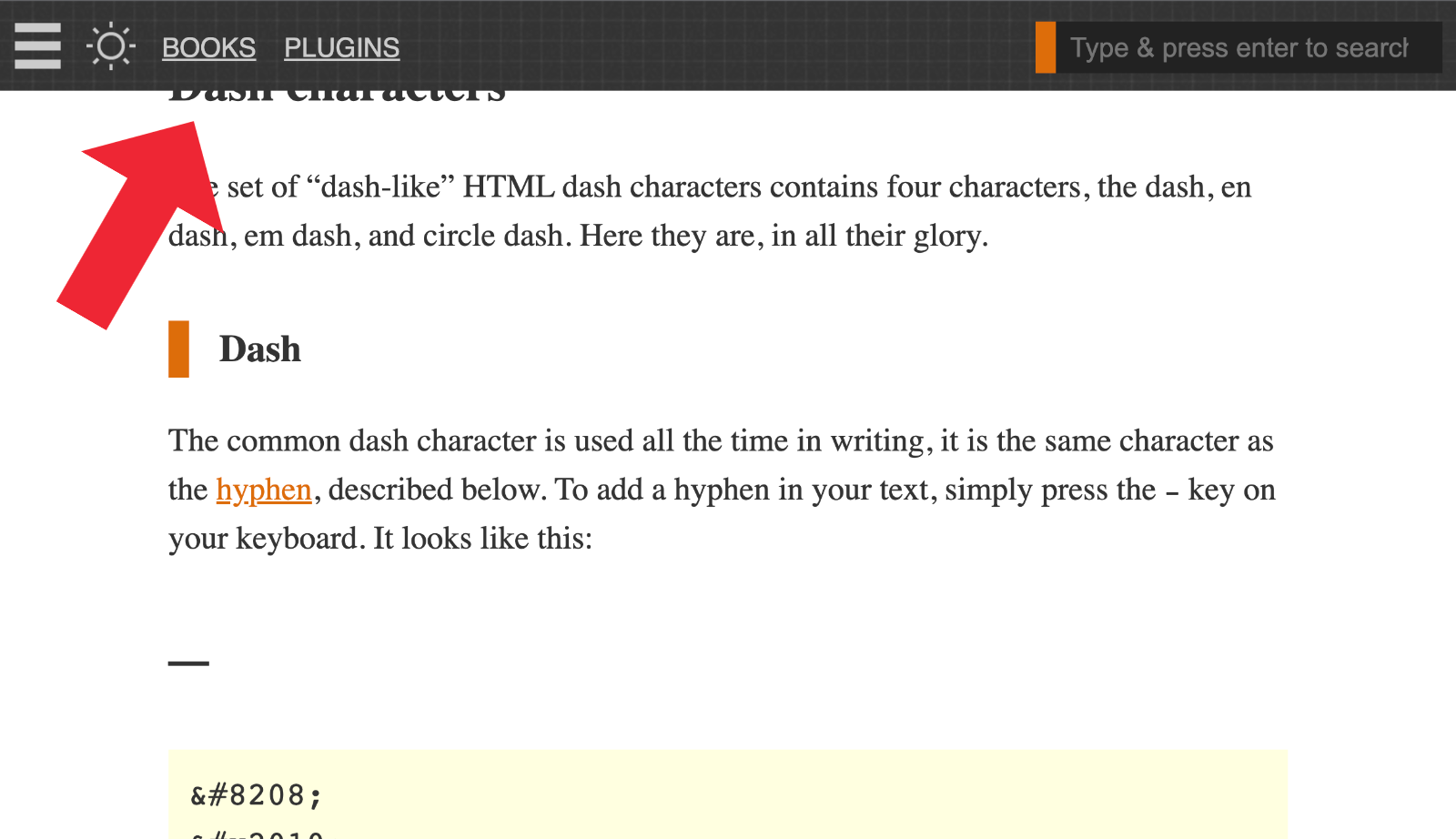I’ve written before about how to protect WordPress XML-RPC and why it’s important. In this quick post, I explain three easy ways to to disable WordPress XML-RPC to help improve the security of your WordPress-powered site. Continue reading »

As a full-time web developer and typical human being, I rely on the Internet for a great many things. So when the Internet is not available, my work (and play) comes to a grinding halt. Fortunately my primary ISP is pretty solid, but it still goes down every once in a while. So to maintain my workflow (and general sanity), having a backup Internet service provider is absolutely essential. Here’s one way to do it.. Continue reading »
Traceroute not working correctly via macOS Terminal app, which is how I’ve been doing it for years now. For some reason, the traces hang up and never complete for certain sites. After some time troubleshooting and not finding any solution, I decided to look for alternate ways of performing traceroutes and site pings. Fortunately there are tons of free tools. Here are some of the useful services and apps that I’ve found.. Continue reading »
This is a quick post following from the latest redesign of my WordPress plugins website, Plugin Planet. There, I make use of WordPress great query functionality to display archives of multiple categories. For example, here is the combined archive for BBQ Pro and Docs. So that category archive displays all documentation posts for BBQ Pro. Likewise for other categories, for example here is the combined archive for Banhammer Pro and Tutorials. That category archive displays all tutorial posts for Banhammer […] Continue reading »
CSS makes it easy to customize image appearance on the fly. So you don’t have to crank open your image editor and do any work there. You can apply many visual effects directly on the image using the CSS filter property. You can change image brightness, contrast, opacity, saturation — even do things like rotate hues, drop shadows, and blur the image. Browser support is solid for all major browsers. Continue reading »
I use domain-based emails for 99% of my email activity. The other 1% is comprised of assorted 3rd-party email services and temporary slash disposable addresses (like for testing purposes and one-off sign-ups, etc.). I can tell you whole-heartedly based on 20+ years working online that self-hosted email is THE WAY to go. Continue reading »

For sites using a fixed-position “sticky” header or similar, it’s necessary to add an offset margin to any on-page anchor targets. For example this recent article provides a Table of Contents menu with links to each section on the page. Click a link and the page scrolls down to the target element, which is an <h2></h2> heading tag. Thanks to one of the CSS solutions provided in this tutorial, the scrolling takes into account the page’s 50-pixel sticky header, so […] Continue reading »

Typography is inspiring :) I recently posted about all the different HTML “X” characters. Then a tweet from Helge Klein inspired me to write a follow-up post showing all the different ways to write a dash or hyphen – character in HTML. Like most online content creators, I knew about – and —. But I didn’t realize there were so many other hyphen and dash characters. Continue reading »
In WordPress themes and plugins, the Loop is used to display posts on the front end. Typically the Loop displays either a single post (like when you’re viewing a blog post), or multiple posts (like when you’re viewing a category archive). Things get more tricky however, when you want to display posts on a page. Continue reading »

Your website’s robots.txt file probably contains some rules that tell compliant search engines and other bots which pages they can visit, and which are not allowed, etc. In most of the robots.txt files that I’ve looked at, all of the Allow and Disallow rules are applied to all user agents. This is done with the wildcard operator, which is written as an asterisk *, like this: User-agent: * This site’s robots.txt file provides a typical example. All of the allow/disallow […] Continue reading »

Prismatic is a free WordPress plugin that adds syntax highlighting to code samples. You can use either Highlight.js or Prism.js to make your code snippets look amazing. By default, Prismatic highlights code snippets in both post content and post comments. This quick tutorial shows how to disable highlighting in post comments by adding a simple code snippet to your WordPress. Estimated time to complete ~2 minutes. Continue reading »

Prismatic is a free WordPress plugin that adds syntax highlighting to code samples. You can use either Highlight.js or Prism.js to make your code snippets look amazing. This quick tutorial shares a way to customize Prismatic to save time scrolling thru a bunch of language options. Huge time-saver and simple to implement in a few minutes. Continue reading »
I haven’t seen anyone mention this little CSS tip. All the proprietary vendor-specific placeholder rules now safely can be replaced with just ::placeholder. Seems very useful especially with the ever-increasing emphasis on site performance. The end result is less code and thus faster loading, better SEO and so forth. Continue reading »

Everyone knows that slow loading and/or insecure websites are horrible, just the worst to be avoided at all costs. But there are other, less obvious ways to destroy the user experience and well, just make things suck in general. The goal here is to raise awareness and have some fun. So without further ado, here are my top 10 weird ways to ruin your website, along with their real-world equivalents.. Continue reading »

This post explains all the different “x” characters currently available in HTML. It covers the various HTML entities and provides some examples and tips. Also explains the difference between the often confused “Multiplication X” and “Multiplication Sign”, and which is better for symmetrical buttons and links. Continue reading »

I’ve always made use of CSS text-decoration properties in my theme designs and other dev work. From underlining text to making hyperlinks look great, text-decoration is essential CSS. Until recently I was not aware of a couple of related properties, text-underline-offset and text-underline-position. I am currently planning the next redesign of Perishable Press and thinking about using text-underline-offset to add some style to various link elements. So this post is to bring these related CSS properties together on paper, forever […] Continue reading »







